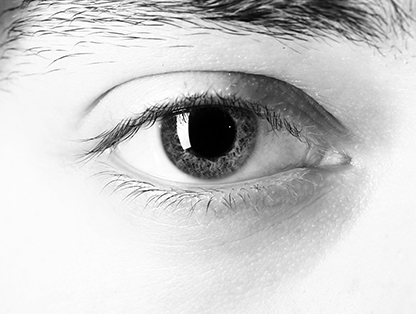People with Histrionic Personality Disorder are hard to miss, because their main goal is to attract increased attention from others. But many of us want to attract attention from time to time and exaggerate our importance by telling stories from life. Do we all suffer from Histrionic Personality Disorder? Of course not. It's all about the degree and frequency of symptoms. For people with this disorder, the desire to be the center of attention becomes pathological, it almost always controls a person's behavior.
According to DSM-5, Histrionic Personality Disorder is a clinical syndrome characterized by excessive dramatization, emotional instability, and superficiality. People with this disorder constantly want to be the center of attention, often behave defiantly, sexually and seductively, theatrically exaggerate emotions.
This disorder is accompanied by egoism and a lack of empathy for others. However, such behavior with ostentatious sexuality and constant flirting can be attractive to a certain type of person. That is why people diagnosed with histrionic personality disorder often have a lot of fans. This disorder is not particularly rare, affecting approximately 2-3% of the adult population. It is believed that women are more susceptible to this disorder, however, some studies show that the prevalence of this condition is the same for both men and women.
This brief histrionic personality questionnaire was developed in 2014 by Christopher J. Ferguson and Charles Negy. It is based on the most common symptoms of people with this diagnosis and is designed to identify signs of this disorder in your behavior. The test consists of 11 questions and takes only a few minutes.
Ferguson & Negy (2014). Development of a brief screening questionnaire for histrionic personality symptoms. Personality & Individual Differences, 66, 124-127.















